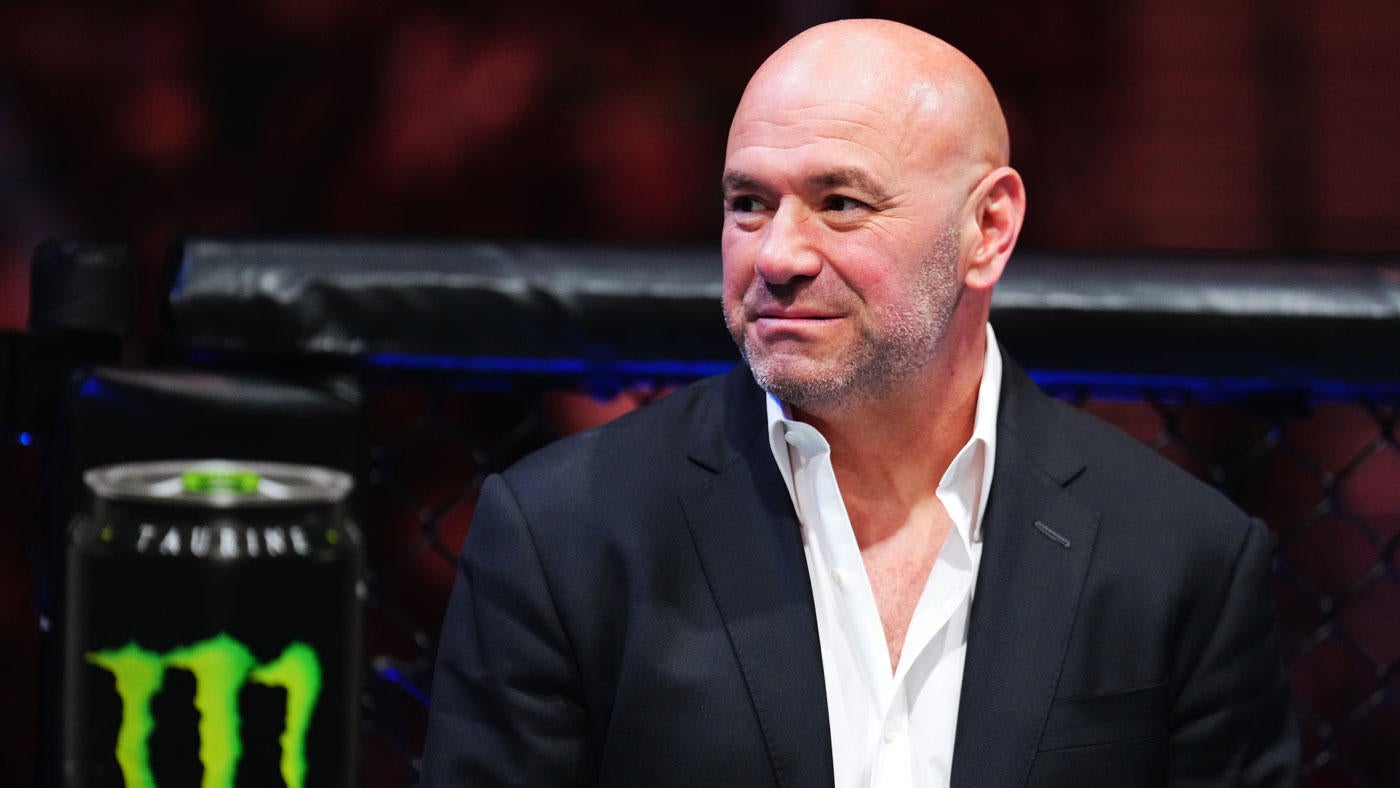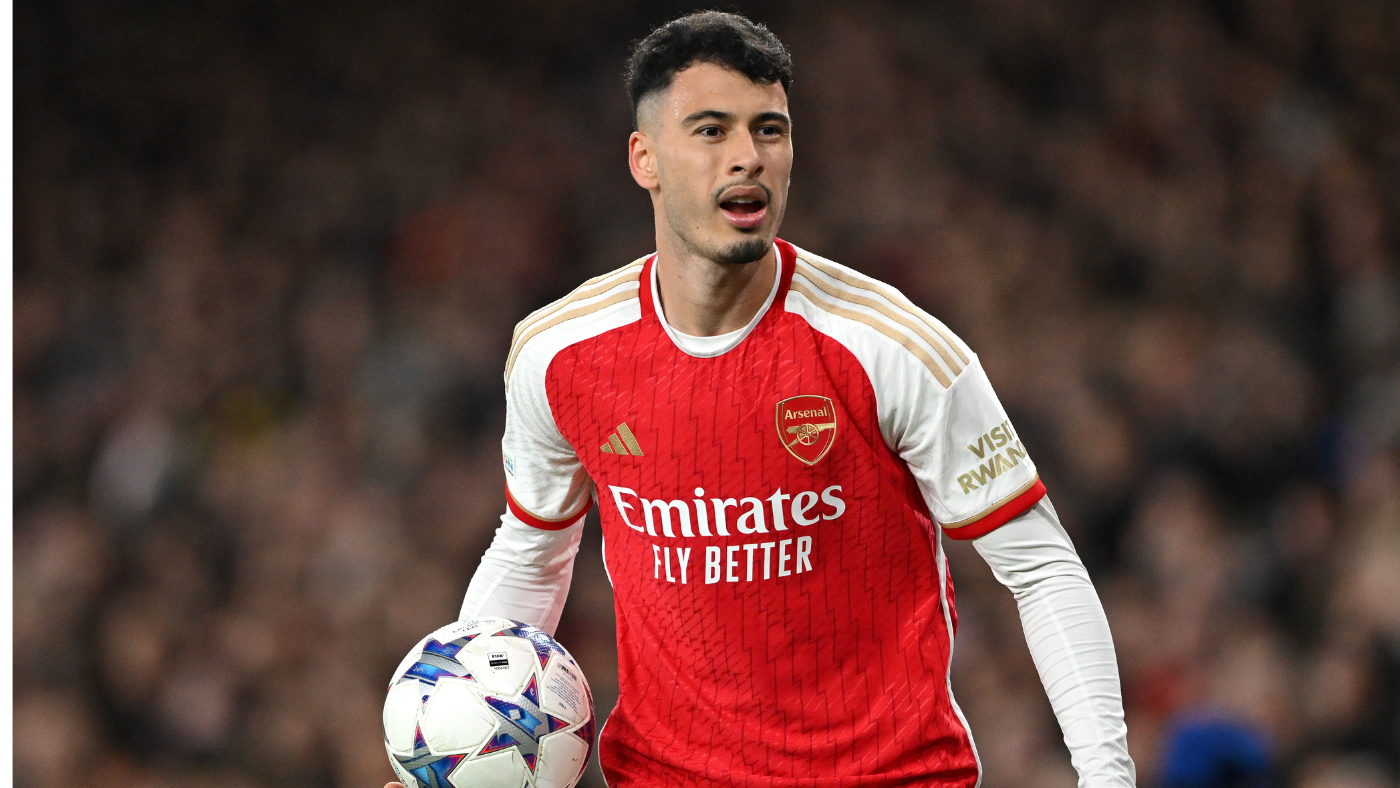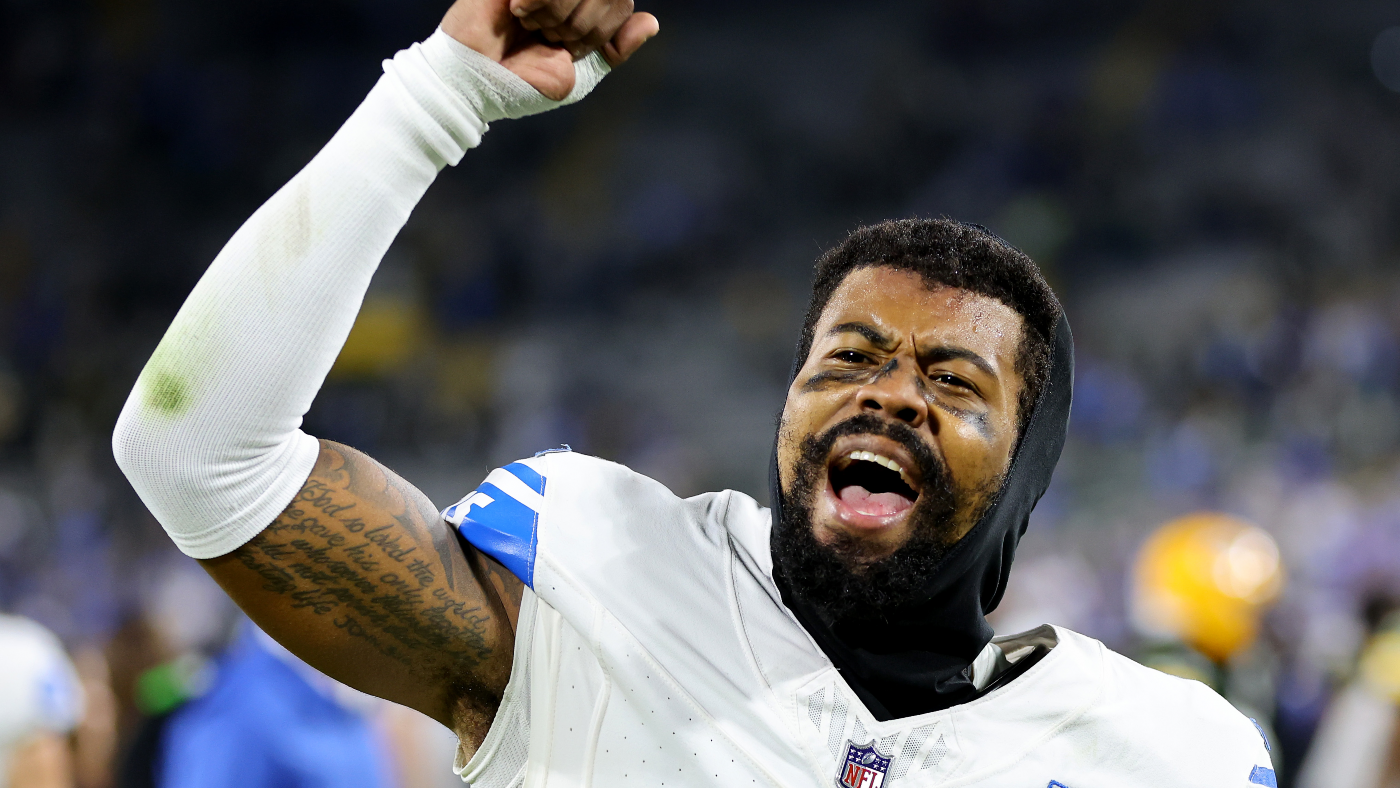UFC 295: Promotion prioritizing money over fans as overall matchmaking continue to get weaker
Written by CBS SPORTS ALL RIGHTS RESERVED on November 11, 2023


Just days removed from the UFC’s annual trip to New York’s Madison Square Garden, it might be time for the world’s leading MMA promotion to take stock of the calendar year that is nearing a close.
Although it has featured no shortage of big moments — from Jon Jones returning to win the heavyweight title to Amanda Nunes retiring on top — this has been anything but an easy 2023 for UFC. Even as the promotion embarks on its honeymoon period as a unified publicly traded entity alongside WWE in their unlikely TKO Group Holdings marriage under the Endeavor banner, there have been constant negative headlines surrounding fighter pay, Power Slap and the bitter Francis Ngannou soap opera, just to name a few.
So as UFC prepares for a pay-per-view card that has served annually since 2016 (save for a year off mid-pandemic) as an unofficial major, akin to Wimbledon in tennis or The Masters in golf, it’s time to have some difficult conversations.
For the second straight PPV event, UFC was forced to scramble late in order to save the the fights atop the marquee.
For UFC 294 in late October, that meant last-minute offers to Alexander Volkanovski and Kamaru Usman, both of whom accepted big money to compete on two weeks’ notice. This week, as UFC 295 sets to emanate from “The World’s Most Famous Arena,” it took bumping the co-main event up and calling in rising heavyweights Sergei Pavlovich and Tom Aspinall to fight for an interim title after Jones pulled out of his fight against former champion Stipe Miocic due to a torn pectoral muscle on less than three weeks’ notice.
Can’t get enough boxing and MMA? Get the latest in the world of combat sports from two of the best in the business. Subscribe to Morning Kombat with Luke Thomas and Brian Campbell for the best analysis and in-depth news, including a complete preview of UFC 295 from New York below.
From the standpoint of “the show must go on,” UFC deserves credit for how nimbly it pivoted under duress, even if it’s obvious how much more effort the promotion put in to replacing the star power lost in Abu Dhabi (likely due to how much money the U.A.E. government paid out to in site fees). But even though UFC should avoid blame for injuries it can’t control, it’s clear how much these injuries have exasperated a larger problem that cageside media members haven’t been all that vocal in pursuing.
Despite being fresh off of, yet again, a record-breaking financial year in 2022 (which has only increased in the first quarter since TKO was founded), the past 11 months have shown uncharacteristically watered down matchmaking and a continued reliance upon filling undercards with unranked (and little known) signings from “The Dana White Contender Series.”
While the DWCS, upon creation in 2017, has been valuable for the promotion in terms of signing the most hungry and finish-conscious fighters looking to fulfill their UFC dreams, it has become a bit of a factory for White and company to sign fighters on the cheap directly from the regional promotions that already air their fights on UFC Fight Pass. Initially, White was stubborn in terms of who he signed, prioritizing those willing to gamble for a finish over others even more deserving (see future PFL champion Brendan Loughnane). But 2023 has seen White liberally offer contracts without much discretion, even to those who have lost on the series.
Contender Series contracts awarded by year
| Year | Contracts | Events |
|---|---|---|
| 2017 | 16 | 8 |
| 2018 | 23 | 8 |
| 2019 | 30 | 10 |
| 2020 | 37 | 10 |
| 2021 | 39 | 10 |
| 2022 | 43 | 10 |
| 2023 | 46 | 10 |
Injuries are easier to deal with when the consistent depth of fight cards are rarely in question. But that simply hasn’t been the case in 2023 as many Fight Night cards, which have been held almost exclusively in the tiny studio at the UFC Apex in Las Vegas, have been overrun with unranked fighters, even on the main card, most of whom are missing even a Wikipedia page to help decipher from each other.
Even the UFC’s larger PPV events have featured a puzzling lack of depth across the card, which would be justifiable for a smaller promotion actively trying to compete and not one experiencing record financial boom, year after year.
But even if you’re attempting to defend the unexplained softness to the matchmaking as simply the reality of UFC’s lot in the streaming era, where a handsome output deal with ESPN has taken the company’s focus off of the need to sell PPV buys in favor of focusing on maxing out the arena live gate, it’s still a troubling trend.
UFC has such a huge lead on its competition and has been so financially successful in the years following Endeavor’s 2016 purchase of the brand, that the combination of both substandard fighter pay and soft matchmaking taking place simultaneously is simply unacceptable for a fan base that already must juggle an annual subscription cost with ESPN+ and the expensive charge of monthly PPV cards (which UFC held two of in July alone) in order to be a week-to-week fan.
What only makes this trend even more concerning is that UFC has done seemingly everything in its power to maximize profit in 2023, even as the quality of its own product has consistently become more diluted. This has included selling nearly every inch of its canvas to advertisers, including offering fans to pay hundreds to have their names added to the inner circle, and jacking up ticket prices to unheard of levels – including charging over $900 for pre-sale tickets to the nosebleed seats at MSG, which was aided by the allure of it possibly being Jones’ last fight.
Now, Jones is injured, the card has taken a decidedly large step down in terms of crossover and casual star power, and customers must decide whether the replacement fighters announced can somehow still justify such an ungodly sale price (which doesn’t even cover how much it would cost through secondary and resale websites).
The good news for UFC is that most of the high notes for 2023 were still hits: Islam Makhachev and Volkanovski took part in a pair of bouts to decide the pound-for-pound best in the world, Alexa Grasso became the face of Mexican MMA thanks to a successful #NocheUFC event and Sean O’Malley ascended to breakout stardom levels by becoming the new bantamweight king.
Yet, the closer fans get to seeing how the sausage is really made behind the walls of the mighty UFC, there is more than enough reasons to question whether the same promotion that boldly pushed through the pandemic and led the charge across all major sports is still the same fan-friendly renegade that it was even two years ago.
Greed, corporate mergers and even more Draconian-level amendments to the already restrictive nature of fighter contracts is the new norm, as is the upcoming anti-trust lawsuit filed by former UFC fighters, which is expected to go to trial next spring. Yet, the closer you get to media scrums and press conferences, you rarely hear a peep beyond journalists picking White’s brain over who fights next and where the event will take place.
Forget about the Jones-Miocic fight that won’t happen this weekend because of an ill-timed injury to MMA’s G.O.A.T. and forget, for a second, that it should have been Ngannou-Jones to begin with.
Although UFC has made some strides, including the creation of its free Performance Institutes for fighters around the globe, the promotion remains anything but fighter friendly. Yet, it’s the fact that UFC continues to strategically loosen its grip on being fan friendly that should be just as concerning each time another headline is written about the record-breaking financials that continue to define the Endeavor era.
The post UFC 295: Promotion prioritizing money over fans as overall matchmaking continue to get weaker first appeared on CBS Sports.







